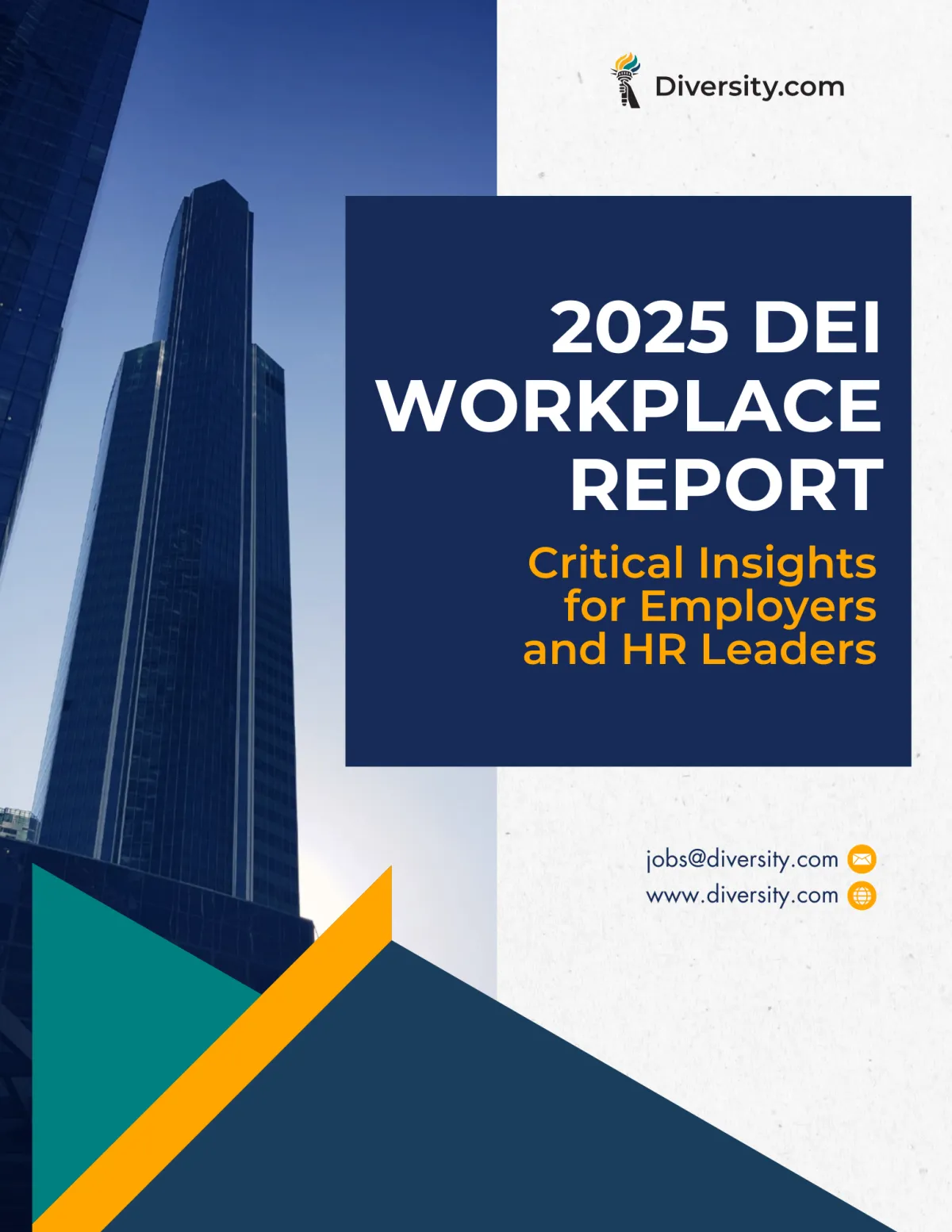
Harvard Defends Academic Freedom: Why It Matters for Diversity and Equity in Higher Education
In a time when universities across the country are facing increased scrutiny—over curricula, hiring, funding, and even the language of inclusion—Harvard chose clarity.
In a public letter titled The Promise of American Higher Education, President Alan M. Garber reaffirmed a foundational value: academic freedom.
This isn’t just about universities. It’s about the kind of society we want to build.
And Harvard’s response serves as a timely reminder that protecting intellectual freedom isn’t just an internal policy decision—it’s a public responsibility.
Why Academic Freedom Matters in Higher Education
“No government—regardless of which party is in power—should dictate what private universities can teach, whom they can admit and hire, and which areas of study and inquiry they can pursue.”
—President Alan M. Garber, The Promise of American Higher Education
This simple, powerful statement sent a ripple through the academic world.
It spoke directly to the rising pressure many institutions are facing—including threats to funding, politically motivated investigations, and public campaigns that attempt to undermine the credibility of higher education.
Political Pressure and the Role of University Leadership
While Harvard’s platform is uniquely visible, the pressure they responded to isn’t.
Across the country, schools large and small are being pulled into debates over what is "appropriate" to teach, which perspectives are "acceptable," and how institutional values should align with shifting political climates.
Harvard’s statement set an example: leadership is not about popularity. It’s about principle. When institutions take a stand—not for a political party, but for their foundational mission—they help preserve the integrity of education for everyone.
Linking Academic Freedom to Workplace Equity and Inclusion
At Diversity.com, we believe equity doesn’t begin at the point of hiring—it starts upstream.
It starts in classrooms where students feel safe asking questions. In research departments where diverse inquiries are protected.
In admission and faculty processes that remain open to talent from every background.
When we protect academic freedom, we’re also protecting the pipeline of future leaders, thinkers, and professionals who will shape the workforce.
What happens on campus echoes in boardrooms, hospitals, courtrooms, and creative industries. Inclusion in education sets the stage for inclusion in employment.
What Colleges and Universities Can Learn from Harvard’s Statement
This wasn’t just a press release from a well-known university. It was a values-driven moment.
Other institutions—whether public or private, large or small—can take note. Clarity in the face of controversy matters. So does consistency.
When leadership is grounded in purpose, not pressure, it fosters trust both internally and externally.
The path forward isn’t about reacting to every headline. It’s about protecting the freedom to explore hard questions, support diverse perspectives, and prepare students not just for jobs—but for citizenship.
Conclusion
Harvard’s message is not political. It’s principled.
In a time when education is increasingly politicized, their response reminded us what higher education is meant to do: challenge, question, include, and expand.
And when institutions lead with that kind of courage, the impact reaches far beyond campus.
How Diversity.com Supports Universities & Academic Institutions
At Diversity.com, we help universities and academic institutions build diverse, inclusive teams that reflect the communities they serve.
We support university leaders, DEI hiring managers, and faculty job seekers navigating the evolving landscape of inclusion in higher education.
Whether you’re expanding your faculty, increasing leadership diversity, or exploring meaningful academic careers—we provide the tools and insight to help you lead with purpose.
For University Hiring Managers & Academic Leaders:
✔ Create a free employer account — Post jobs, connect with equity-driven faculty and staff, and explore cost-effective hiring plans for long-term success.
✔ Access a diverse talent pool — Reach qualified educators, researchers, and academic leaders from historically underrepresented groups.
✔ Stay informed with expert DEI insights — Read expert insights on faculty diversity, equitable hiring, and academic workplace trends.
For Faculty Job Seekers & Academic Professionals:
✔ Explore inclusive job opportunities — Find faculty and staff roles with institutions committed to equity, innovation, and belonging.
✔ Create a free job seeker account — Get matched with roles aligned to your expertise, values, and professional goals.
✔ Learn what makes a campus inclusive — Discover real insights into university DEI efforts, hiring practices, and leadership culture..
We’re here to support both institutions and individuals in creating stronger, more inclusive academic communities.
Start building your next chapter with Diversity.com
If you have any questions or need assistance, feel free to Contact Us Here. Our dedicated support team is ready to help!
Related Articles
Over 50 Universities Under Federal Investigation for DEI Programs: What Higher Education Needs to Know
When the Backlash Hits Home: How to Lead Through Politicized DEI Challenges
DEI Job Boards in 2025: What Works, What’s Performative, and What to Avoid
Sources & References:
Garber, A. M. (2025, April). The Promise of American Higher Education. Harvard University Office of the President. https://www.harvard.edu/president/news/2025/the-promise-of-american-higher-education

